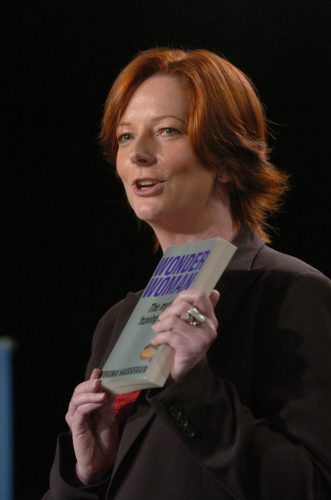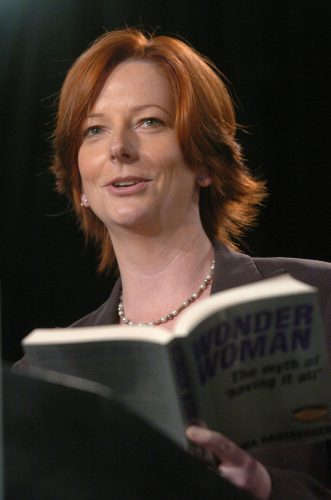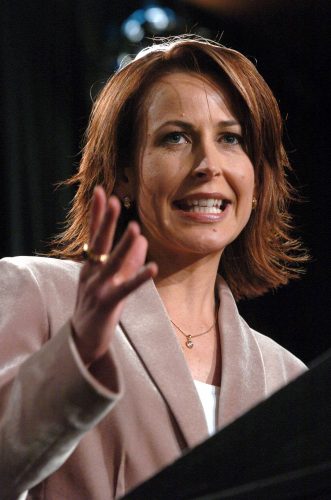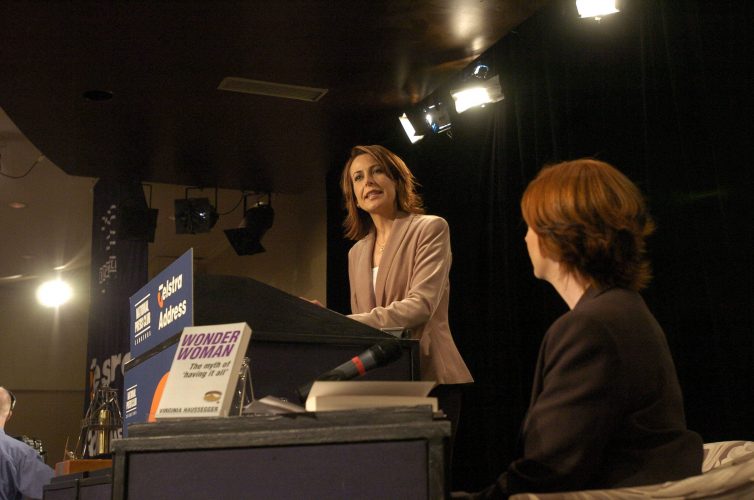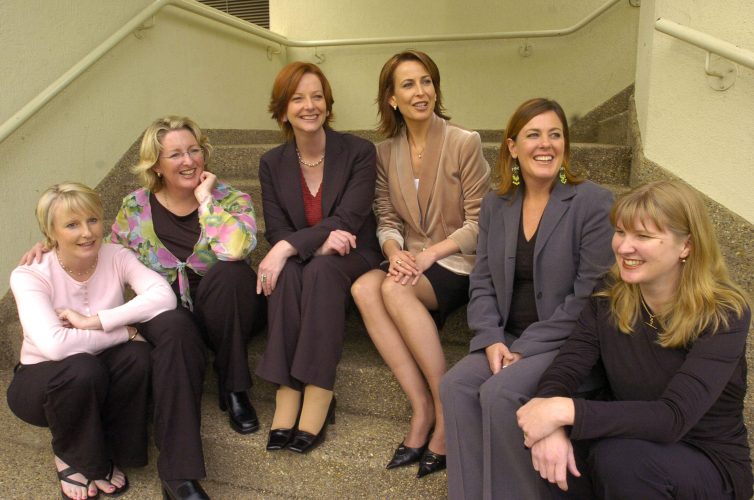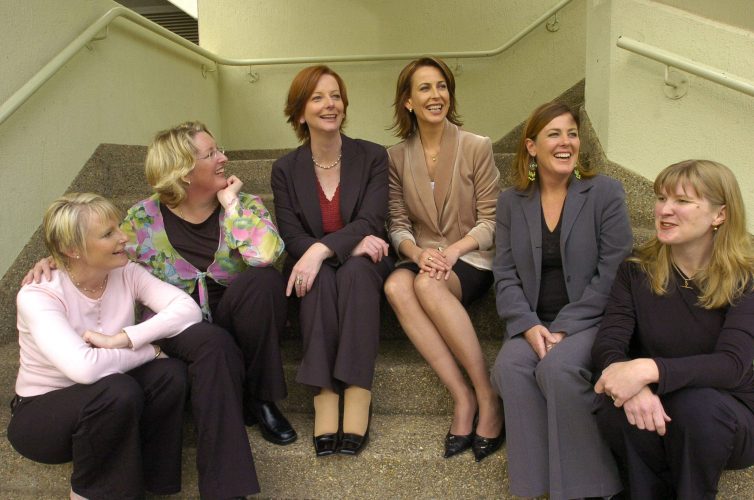A little over 10 years ago I asked the Dalai Lama if he ever got angry.
He leaned forward, almost as if he hadn’t heard me clearly. ”Angry?” he asked. I nodded. At once his earnest and serious demeanour burst into a beaming smile. ”Oh, anger,” he laughed, rocking back in his chair. ”Oh yes, yes. I get the angries,” he chortled. I laughed. We all laughed.
He then went on to talk about the importance of ”training the mind”. With disciplined training of the mind, he told me, we can overcome all suffering; such as anger, hatred, disappointment, desire and attachment – all the so called ”afflictive emotions”. Meditation and training of the mind, he explained, are the key to achieving lasting peace and happiness.
That was back in 1996, when the Dalai Lama was visiting Sydney to conduct a Kalachakra Initiation – a complex teaching ritual. This time round, the world’s most famous Buddhist leader is here to address a wider audience on a range of themes from climate change to poverty. But the big bang is being saved for last.
Billed as ”an event like none other”, next week’s two-day conference at Darling Harbour called ”Happiness and its causes” will feature the Dalai Lama in dialogue with a celebrity cast of Australian thinkers, commentators and politicians. The conference tackles ”happiness” from every conceivable angle: how to find it, share it, keep it, balance it, and why we want it.
But perhaps at a more base level, Australians should be simply asking – ”haven’t we already got it?” In other words, ”aren’t we there yet?”
With economic commentators reminding us daily of our prosperous times – low inflation, low to middling interest rates, high employment and a longer-than-ever life expectancy – surely we can finally say ”we’ve arrived”. We’re there. We’re happy. Or at least, as happy as we will ever be.
Since Bhutan introduced its Gross National Happiness Index in 1972, an international industry has built up around measuring happiness. In surveys Australia proves to be happier than most. ANU Economist Dr Andrew Leigh has scanned the world for comparative studies. He says Australia consistently ranks ”in the top tier of nations” for happiness and life satisfaction.
The most recent World Values Survey, released two years ago, investigated 78 countries. Australia ranked 12th on happiness, and 19th on life satisfaction. While Leigh says the margins among countries at the top were almost negligible, the stand out winner was – Iceland. Leigh’s still scratching his head about that one (and so am I). Nevertheless, last year the Guardian newspaper reported Iceland and Australia – ”a close second” – as ”the best places to live in the world”.
According to Leigh, about two thirds of Australians rate their life satisfaction and happiness, on a scale of 0 to 10, at about 8
So what’s making us so content with our lot? Is it money? Surprisingly not, according to an Australia Institute survey, ”The attitudes of Australians to Happiness and Social Wellbeing,” released last year.
That survey found a total of 59 per cent of Australians rate ”partner/ spouse and family relationships” as primary to their happiness. Whereas a tiny 4 per cent said ”money and financial situation” took top priority. Interestingly, those earning less than $35,000 still rated money low on what makes them happy, but gave a higher priority to ”spirituality” than wealthier households.
The second most important measure in our happiness is health, with ”work fulfilment” and ”having a nice place to live” both coming in low on our priorities.
But as usual, the ACT bucks the trend. When we look at what is most important to our happiness on a state and territory basis, Canberrans gave ”0” priority to work fulfillment and having a nice place to live, and rated ”community and friends” as very high on our happiness scale. In fact we rated that doubly more important than the people of NSW did.
Not only does a sense of community make Canberrans happier than most, but we are also more optimistic.
Across Australia more people think life is ”getting worse” (39 per cent) rather than better (25 per cent). But not in the ACT. Here only 21 per cent of us think life is getting worse, and 35 per cent think it’s getting better. Optimistic yes, but decisive no. A whopping 11 per cent of us ”aren’t sure” either way.
So why do Canberrans defy some of those not-so-happy trends? The Australia Institute’s Clive Hamilton is unequivocal, ”ACT residents perhaps have more post- materialist attitudes, are more reflective, and have a greater grasp on what matters in life.” And yes, he lives here too.
But while overall Australia is a chipper place and Australians are relatively happy people, there nevertheless is something brewing. Something is missing. There is something the data is not telling us. To tick a box and circle a rating is one thing; to feel a deep contentment, a sense of equanimity and deep peace with the world is entirely another.
A quest for deeper meaning in our comfortable and prosperous lives is perhaps what’s driving more and more Australians to seek a better understanding of happiness. What it is and how it’s nourished.
Perhaps that’s why thousands of Australians are lining up to see and hear the Dalai Lama during his current tour?
Most of those buying tickets are not Buddhists and many will never have seen a Tibetan monk in person before. But the 14th Dalai Lama has come to represent the closest thing to happiness and goodness we can see on the modern world stage.
And his message is encouraging: we can all be happy, all of the time once we understand the true nature of happiness.
